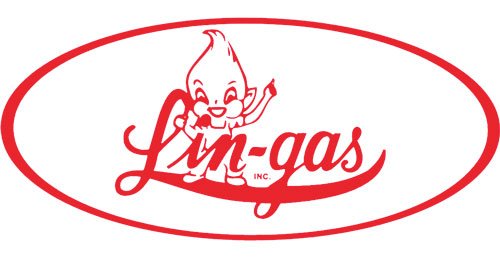For some homeowners, the decision to buy or rent a propane tank can be a difficult one. Depending on your situation, either option could make sense for your needs. It pays to examine the particulars and benefits of both options.
If You Rent:
Many propane companies have basic usage requirements for homes that rent propane tanks. In addition to a minimum annual propane usage, a supplier may require that a certain number of appliances be propane-powered or that the total BTU load is at or above a certain usage level. Because the tank is leased, all propane must be purchased from the company that owns the tank, and buying gas from another company will likely result in lease termination. Also, most tank leases require scheduled delivery, which eliminates the need for the homeowner to monitor the tank level and call for a delivery before the tank is low. Some propane suppliers offer a discount for customers with automatic filling, which can take some of the sting out of comparing propane prices among competitors.
One advantage to tank rental is that the tank is owned by the propane company, meaning they assume responsibility for all maintenance and/or repairs. However, this applies to the tank itself only; all piping, fittings, parts, and connections are generally the responsibility of the customer to purchase, and may incur a service fee for any repairs needed.
If You Buy:
Purchasing a propane tank eliminates usage requirements and allows the homeowner to purchase his gas from any supplier he chooses. This freedom of choice allows the homeowner to buy propane based on price and at a schedule that suits their needs. That said, most companies will not sell and install a tank without initially filling it with propane; refilling the tank when the time comes will be at the discretion of the owner.
Companies that sell tanks will not sell a tank to an individual or unlicensed entity for installation; only the company selling the tank or a certified, licensed individual can install and connect a tank. The purchase of a tank generally includes all the piping, regulators, parts, and connections affiliated with it, and any warranty, parts, or labor can be negotiated and calculated into the purchase price. Financing is often available with approved credit and generally structured with a one-year term.
One bonus that comes with buying your tank over renting it: if you decide to sell your home, the next owner isn’t burdened with acquiring a tank because the tank is part of the sale. This can be attractive to potential buyers.
Making the Decision
Ultimately, buying or leasing a tank will depend upon your anticipated usage of the equipment and your budget. It makes sense to sit down and compare the costs of these two options and align them with your household needs. Your propane supplier can answer any questions you may have about usage and will work with you to develop a plan that best fits your requirements.




